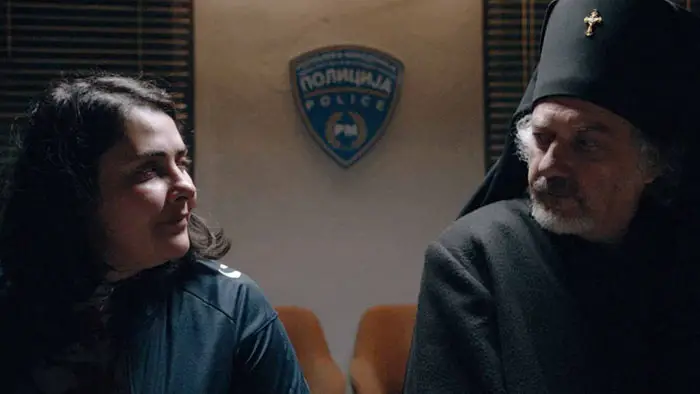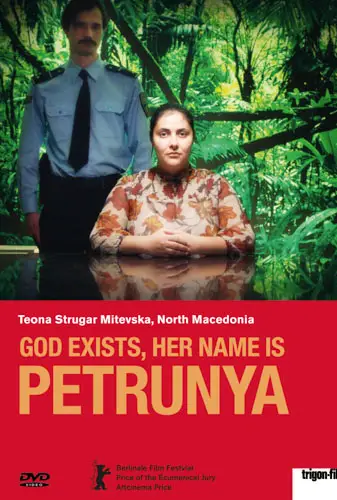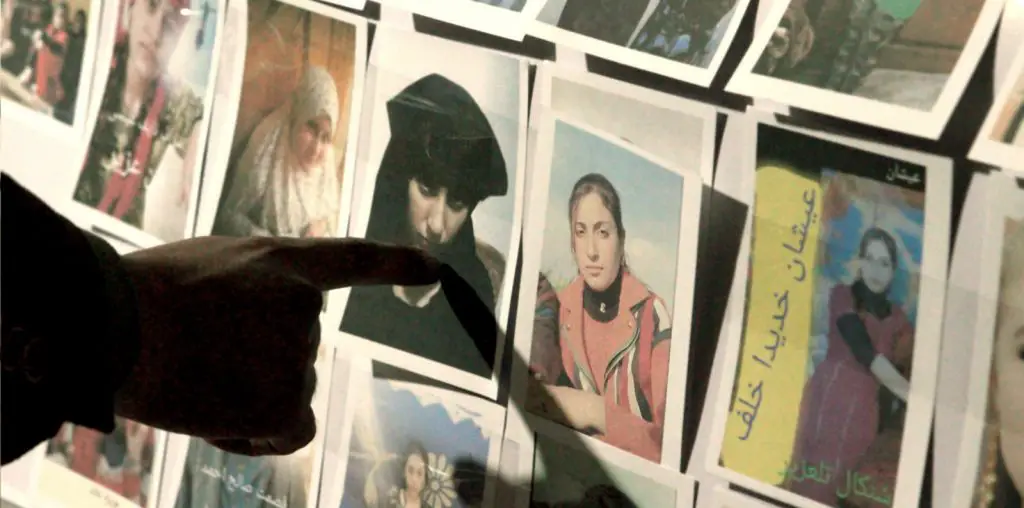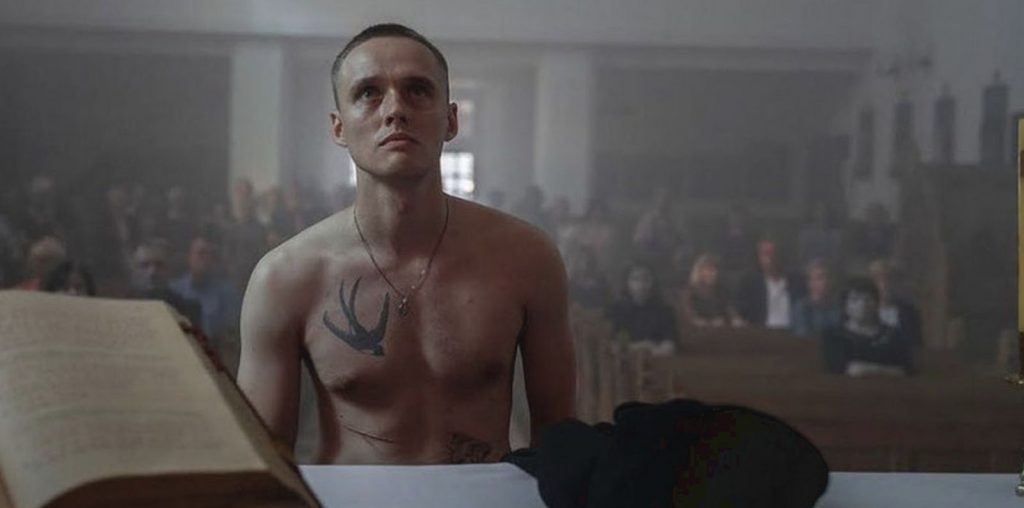
Inspired by real events that took place in 2014, Macedonian filmmaker Teona Strugar Mitevska constructs a bleak and engaging vision of a woman who is forced to navigate the labyrinths of a patriarchal and prejudiced society in God Exists, Her Name Is Petrunya. Starring Zorica Nusheva as the titular character, the drama follows Petrunya over the course of a day, during which she encounters sexual harassment, misogyny, abuse, and is even physically attacked. Mitevska examines the restrictive confines of religion and tradition that continue to operate in modern societies. In doing so, the writer and director manage to weave together a feminist thesis that attempts to deconstruct the widespread lies of societal progress.
Petrunya is a 32-year-old history major who claims that she is interested in finding ways of integrating communist values into democratic structures. However, her academic focus means little because of her suffocating social position – forced to live with her parents due to unemployment. At home, she faces constant criticism from her overbearing mother while potential employers humiliate her for choosing to study history instead of something “practical.” Driven to the edge of sanity, Petrunya exercises agency by participating in a religious ritual that involves jumping into a river to recover a wooden cross. She believes that the act will change her life, but it ends up sending her to jail.

“…Petrunya exercises agency by participating in a religious ritual that involves jumping into a river…”
Virginie Saint-Martin’s compelling cinematography alternates between claustrophobic intimacy and aesthetic mastery. Each moment is full of frames within frames as well as energetic movement. God Exists, Her Name Is Petrunya touches upon various urgent issues ranging from patriarchal oppression to police brutality during its cinematic journey. The camera perfectly captures the male paranoia of hooligans who cannot accept the liberation of the modern woman. The director conceptualizes the relevance of religion through the machinery of modernity, and it starts out as a promising inquiry. However, the dramatic force fizzles out by the end, which serves as a bathetic return to the monotony of existence.
God Exists, Her Name Is Petrunya succeeds as a feminist text because of its ability to frame exigent ideas within a universal structure. Petrunya simply asks: “Haven’t I got the right to be happy?” It is a haunting moment where the marginalized subject confronts the nature of her oppression by cutting to the chase with surgical precision. By the end, Mitevska’s treatment of the narrative might not be too impressive, but the film remains important because of the powerful questions it raises.

"…succeeds as a feminist text because of its ability to frame exigent ideas within a universal structure."


